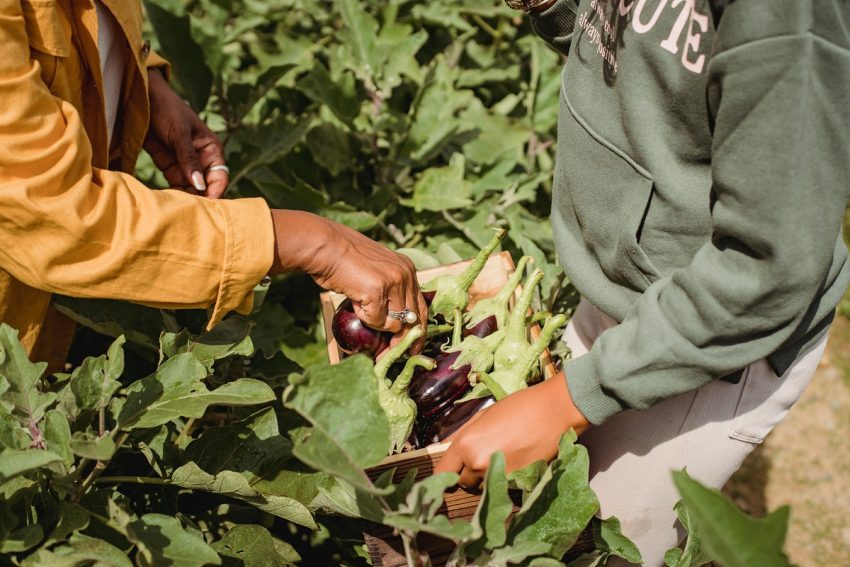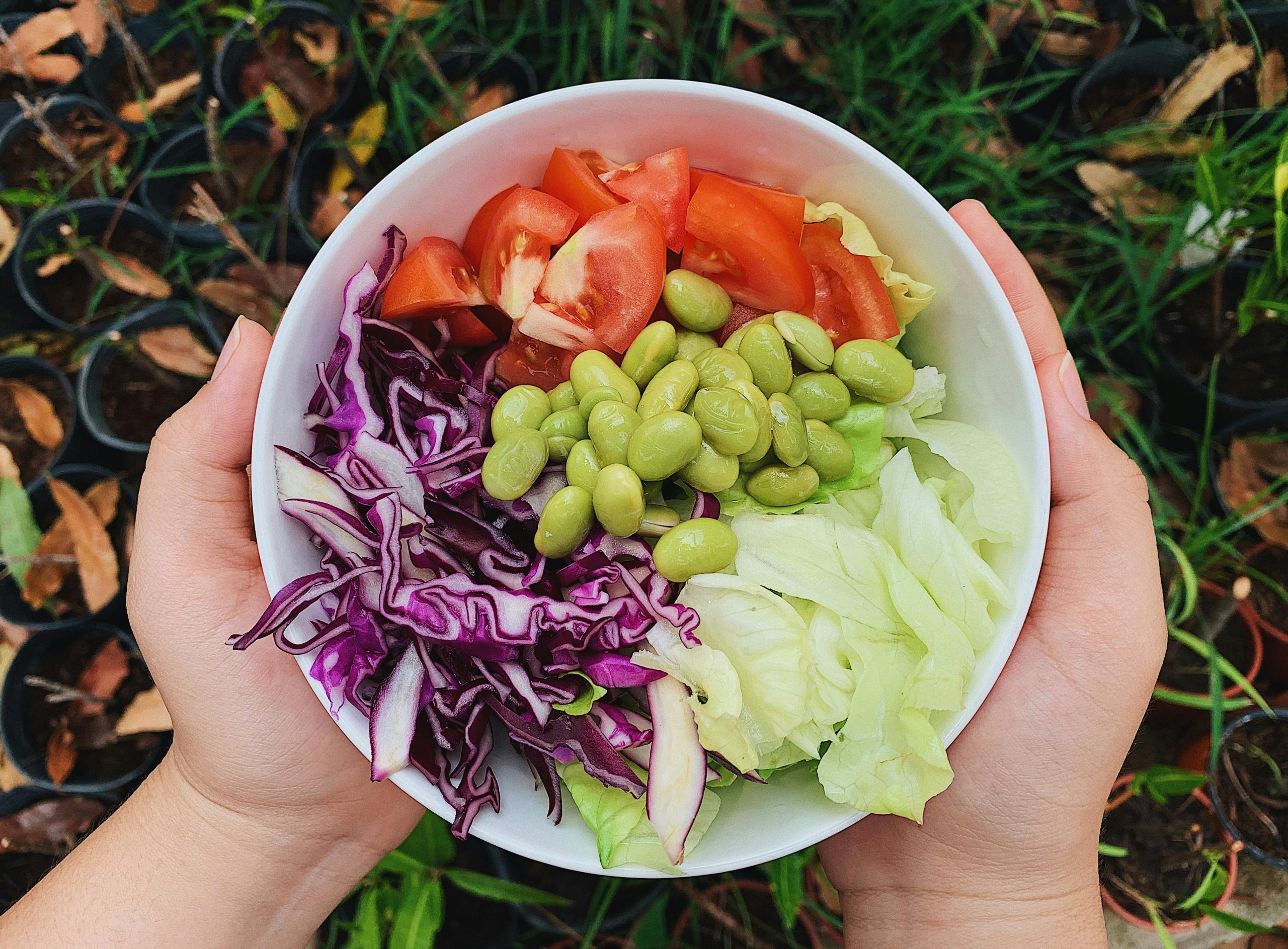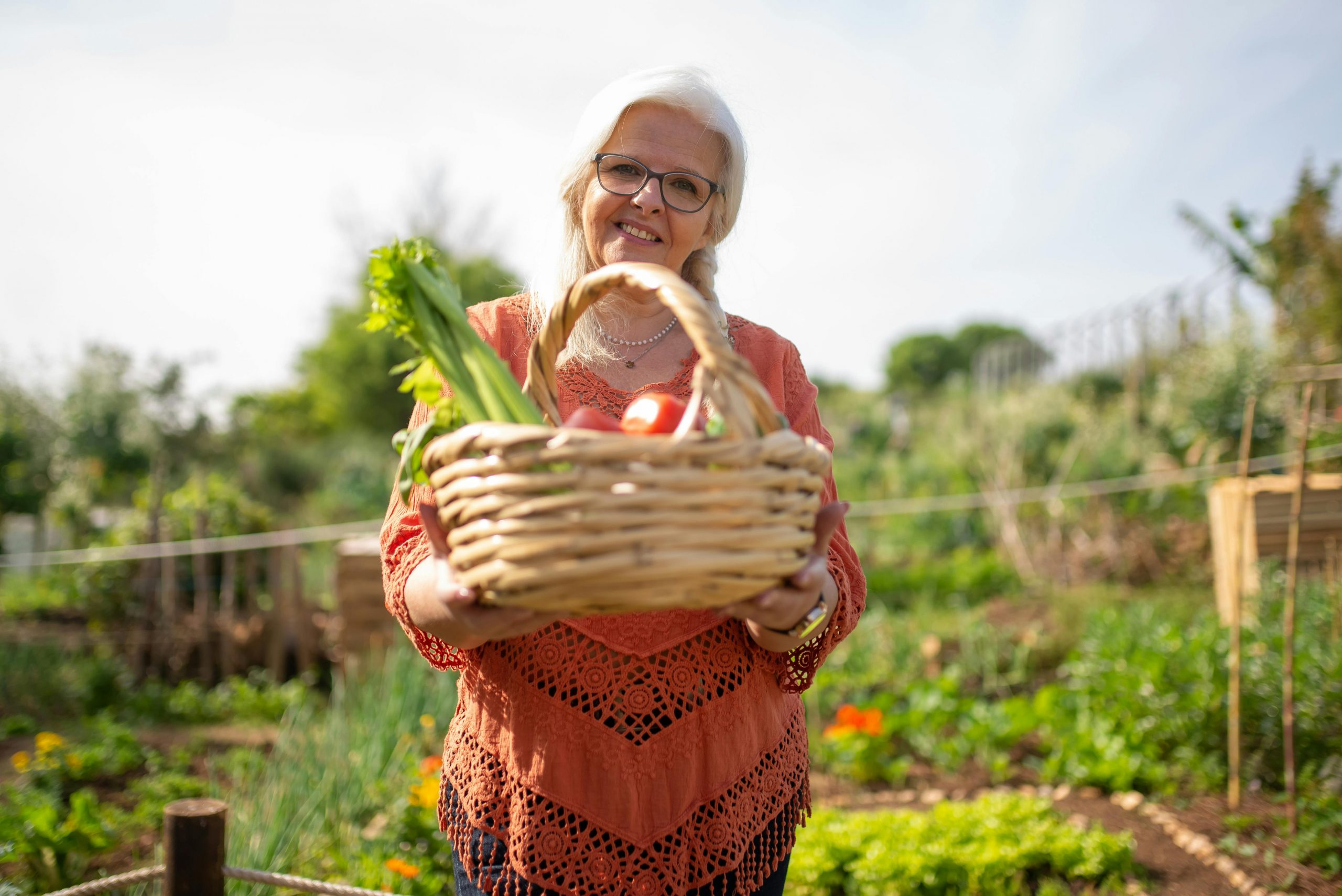
- Organic farming enriches community health and the environment, demanding dedication and an understanding of nature.
- Choosing certified organic seeds suited for local climates ensures successful, sustainable farming outcomes.
- Transitioning to organic farming aligns with consumer demand, offering health benefits and environmental stewardship.
- Starting an organic farm represents a commitment to future generations and the planet, promising considerable rewards.
As the demand for organic produce continues to rise, many farmers are considering making the switch from conventional farming methods to organic practices. But what exactly are the benefits of farming organic produce? This blog will explore critical reasons why you should consider farming organic produce and how it can benefit both you and the environment.
Health Benefits
One of the main reasons why people choose to eat organic produce is because of its health benefits. Organic produce is grown without the use of synthetic pesticides, herbicides, or fertilizers, which means that it is free from harmful chemicals that can have adverse effects on our health. By farming organic produce, you are providing consumers with a healthier option. Here are four ways organic farming can benefit health:
Reduced Exposure to Harmful Chemicals
Conventional farming methods involve the use of synthetic chemicals that are used to kill pests and weeds. These chemicals can remain on the produce even after they have been harvested, which means that consumers are exposed to them when they eat non-organic fruits and vegetables. Organic farming eliminates this exposure by using natural methods to control pests and weeds.
Higher Nutritional Value
Studies have shown that organic produce has a higher concentration of vitamins, minerals, and antioxidants compared to conventionally grown produce. This is because the soil used in organic farming is healthier and more nutrient-dense due to the use of natural fertilizers such as compost and manure.
Reduced Risk of Antibiotic Resistance
Many conventional farms use antibiotics on their livestock to prevent disease and promote growth. However, this practice can contribute to the development of antibiotic-resistant bacteria, which can be harmful to human health. Organic farming prohibits the use of antibiotics in animals, reducing the risk of antibiotic resistance.
Safer for Children
Children are particularly vulnerable to the effects of harmful chemicals found in non-organic produce. Their smaller bodies and developing immune systems make them more susceptible to the harmful effects of these chemicals. By choosing organic produce, parents can ensure that their children are not exposed to these harmful substances.
These health benefits are not only limited to consumers but also to farmers and farm workers. This is because organic farming practices eliminate the need for handling and exposure to synthetic chemicals, reducing the risk of health issues such as respiratory problems, skin irritation, and reproductive disorders.
Environmental Impact
Organic farming practices prioritize sustainability and environmental stewardship. By avoiding synthetic chemicals and focusing on natural methods like crop rotation, organic composting, and natural pest control, organic farmers help to protect soil quality, conserve water resources, and promote biodiversity. This approach not only benefits the land where the crops are grown but also helps to reduce pollution and support wildlife habitats.
Better Taste
Many people who have tried organic produce will tell you that it simply tastes better than conventionally grown fruits and vegetables. This is because organic farmers focus on building healthy soil through natural processes, which leads to more nutrient-dense and flavorful crops. By farming organically, you can offer consumers a superior product that will keep them coming back for more.
Market Demand
The demand for organic produce has steadily increased as consumers become more conscious of where their food comes from and how it is produced. By farming organically, you can tap into this growing market and potentially command higher prices for your products. Organic certification can also open up new marketing opportunities and partnerships with retailers who value sustainable agriculture practices.
Personal Satisfaction
Finally, many farmers find great personal satisfaction in growing organic produce because they know they are making a positive impact on their community and the planet. Organic farming requires dedication, hard work, and a deep understanding of natural systems, but the rewards are well worth it.
Knowing that you are contributing to a healthier environment and providing wholesome food for your customers can be incredibly fulfilling. So buy organic vegetable seeds now and start your journey towards a more sustainable and fulfilling farming experience. Choose seeds that are certified organic and suited for your climate to ensure the best results.
The move to organic farming is not just a trend but a commitment to sustainable practices that benefit the earth and its people. Choosing organic means providing healthier, tastier food and taking a stand for the environment. The growing demand for organic products offers farmers a chance to positively impact the planet while enjoying higher yields and profits.
Planting each organic seed is a step towards a sustainable future, an investment in our planet’s health, and a reflection of farmers’ dedication to their communities. Although organic farming has its challenges, the rewards are immense. Embark on your organic farming journey today; the planet and future generations will be grateful.


